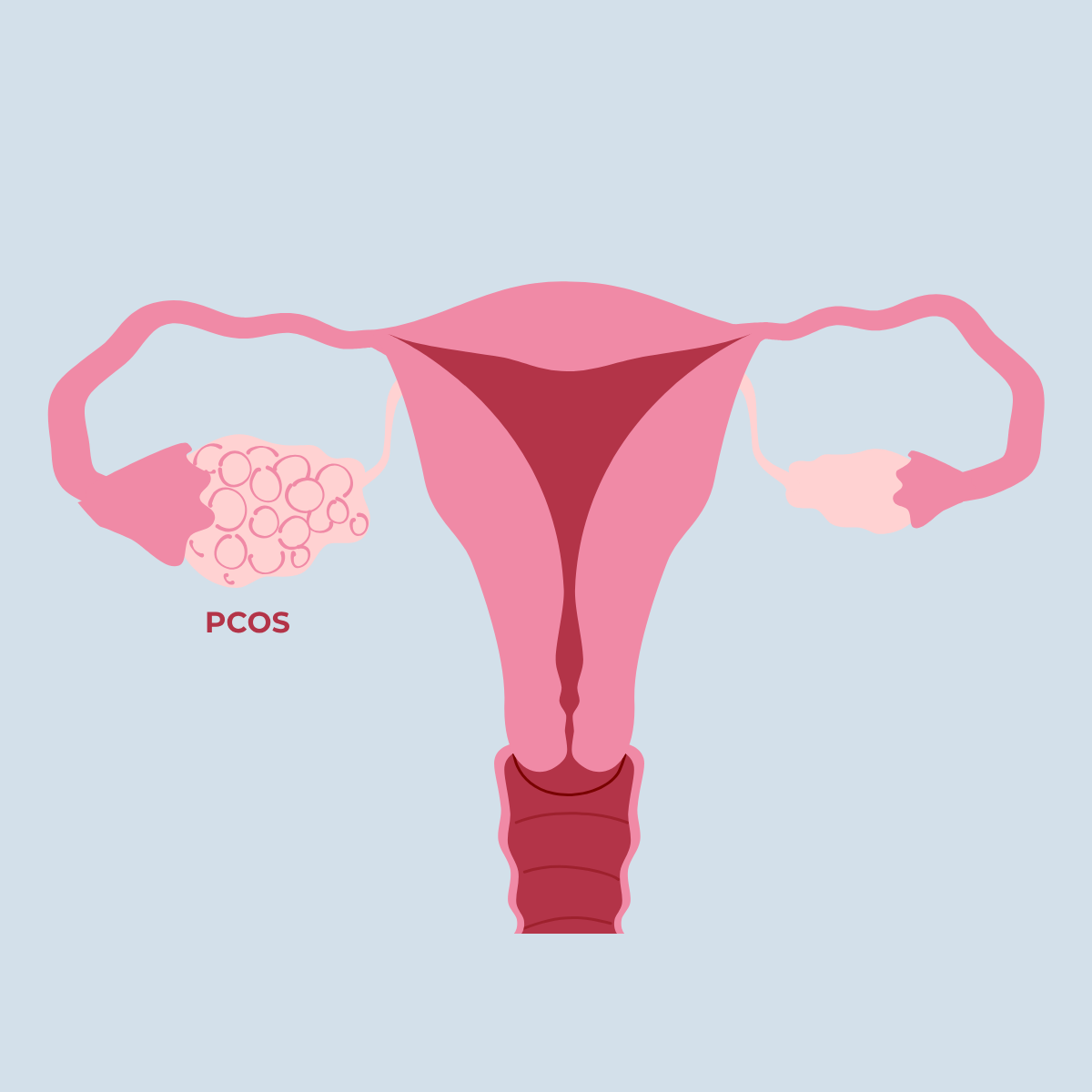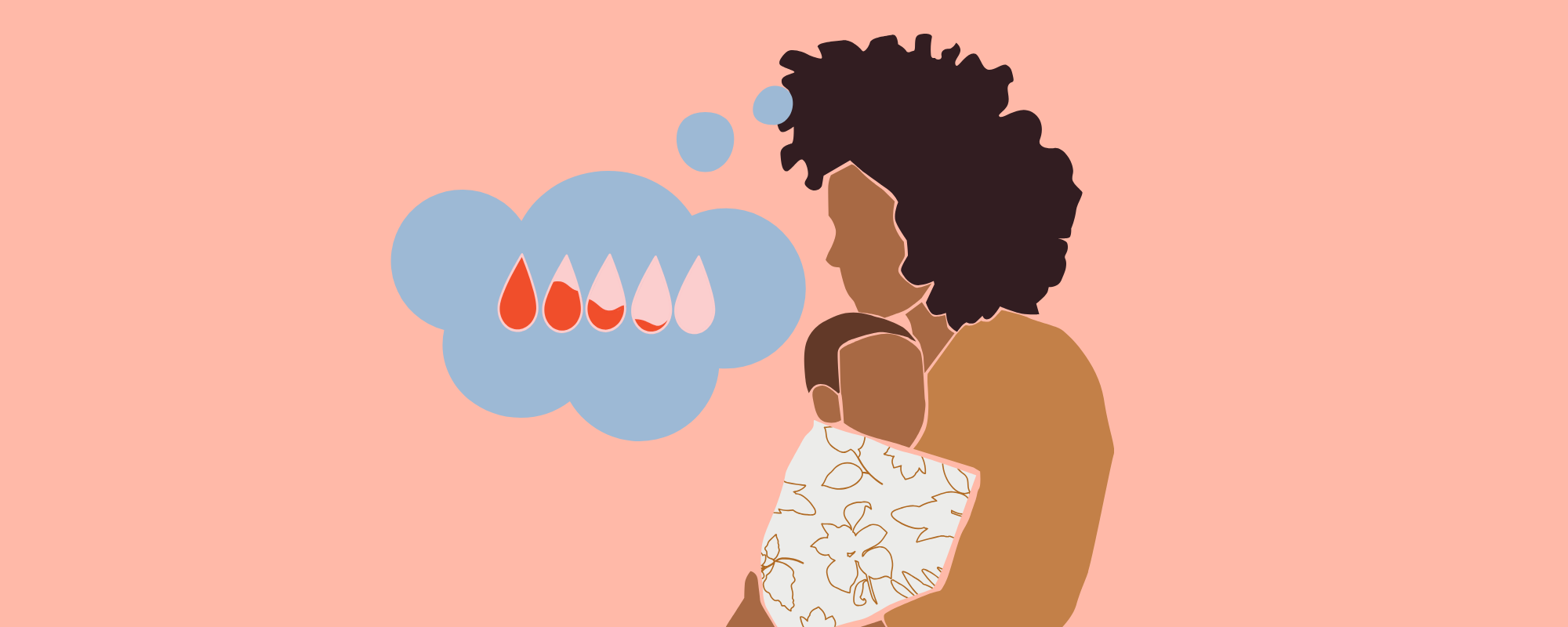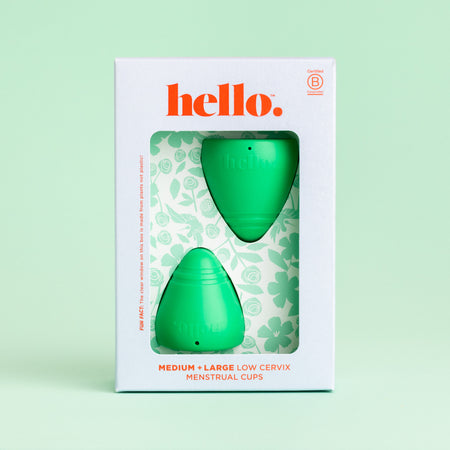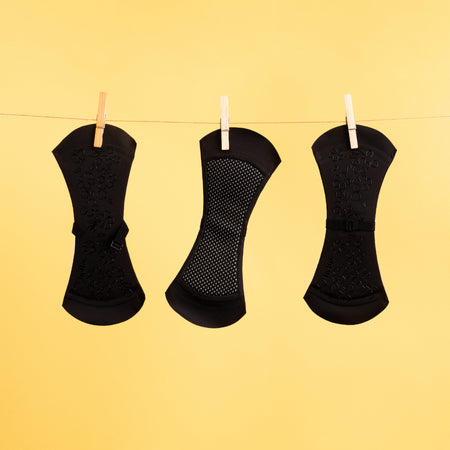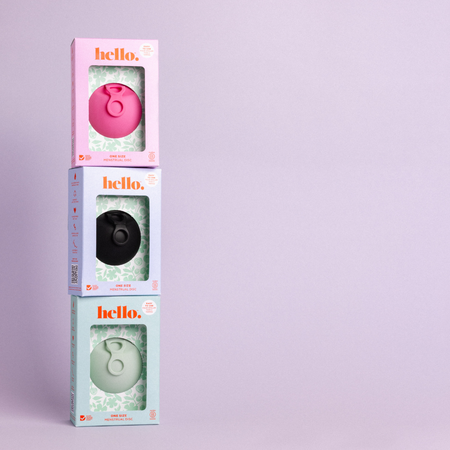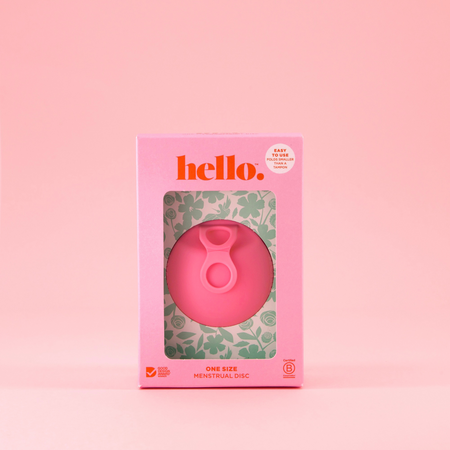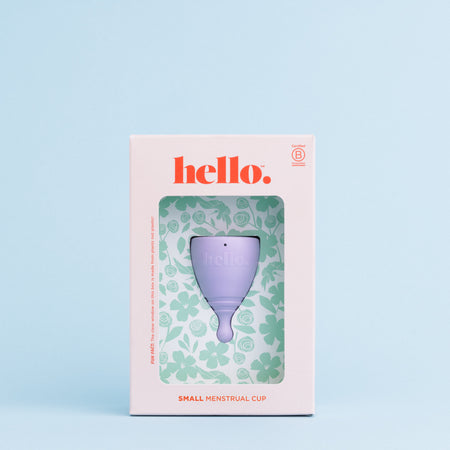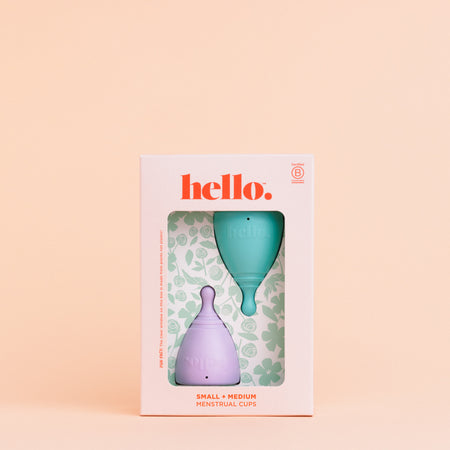For many, a monthly period is just part of life. Sometimes a bit annoying maybe, but definitely manageable. But for some people periods can be debilitating and very difficult to manage.
If you’re soaking through pads or tampons every couple of hours, waking up to leaks, or dreading every cycle like it’s a crime scene, you might be dealing with heavy menstrual bleeding, also known as menorrhagia.
While it might sometimes feel like it, you’re not alone. It’s estimated that 1 in 5 people who menstruate experience heavy periods at some point in their lives.
So, what actually causes a heavy period? When is it time to worry? And most importantly what can you do about it?
What Counts as a ‘Heavy’ Period?
According to the American College of Obstetricians and Gynecologists (ACOG), a heavy period is defined as:
- Losing more than 80 ml (5-6 tablespoons) of blood per cycle
Bleeding for more than 7 days - Needing to change a pad or tampon every 1-2 hours
Passing large blood clots - Bleeding that interferes with daily life (missing work, cancelling plans, etc.)
One of the great things about using a menstrual cup or disc is they allow you to track exactly how much you’re losing - something that’s almost impossible with tampons or pads. Getting an accurate measure on menstrual blood loss is valuable information to pass on to medical professionals if you seek help for menorrhagia.

What Causes Heavy Periods?
Heavy menstrual bleeding can be influenced by a range of medical and hormonal factors, including:
1. Hormonal Imbalance
Estrogen and progesterone regulate the menstrual cycle. When these hormones are out of balance (especially during puberty or perimenopause), the uterine lining can build up more than usual resulting in heavier bleeding when it sheds.
2. Fibroids or Polyps
Benign (non-cancerous) growths in the uterus can cause excessive bleeding or spotting between periods. According to the Mayo Clinic, fibroids are especially common in people in their 30s and 40s.
3. Endometriosis or Adenomyosis
Endometriosis occurs when uterine tissue grows outside the uterus, while adenomyosis involves tissue growing into the muscular wall of the uterus. Both can lead to heavier, more painful periods.
4. Bleeding Disorders
Conditions like Von Willebrand Disease, a genetic bleeding disorder, can affect clotting and lead to prolonged bleeding.
5. Thyroid Issues
An overactive or underactive thyroid can disrupt hormone levels and lead to menstrual changes.
6. IUDs
Copper IUDs (non-hormonal birth control) may increase flow and cramping, especially in the first few months after insertion.
“Heavy menstrual bleeding is common, but it’s not something you should ignore,” says Dr. Jen Gunter, OB/GYN and author of The Vagina Bible. “If your period is interfering with your life, it’s time to investigate the cause.”

When to See a Doctor
Make an appointment with your healthcare provider if:
- Your period lasts longer than 7 days
- You’re soaking through products every 1-2 hours
- You’re experiencing fatigue, shortness of breath, or signs of anaemia
- You’re passing large clots
- You feel like your period is getting worse over time
Your doctor may perform blood tests, ultrasounds, or refer you to a gynaecologist for further examination.
Medical Treatments for Heavy Periods
There are several clinically-proven options to reduce heavy menstrual bleeding:
🔹 Hormonal Birth Control
Pills, patches, hormonal IUDs, and the vaginal ring can regulate periods and reduce bleeding by thinning the uterine lining.
🔹 Tranexamic Acid
This non-hormonal medication helps the blood clot more effectively and is taken during your period to reduce flow.
🔹 NSAIDs (like ibuprofen)
These not only reduce pain and inflammation but also decrease blood flow by inhibiting prostaglandins (which trigger contractions and bleeding).
🔹 Endometrial Ablation or Surgery
For severe cases, procedures like ablation (removal of the uterine lining) or myomectomy (fibroid removal) may be recommended.
Natural & Lifestyle Tips for Managing Heavy Flow
If you’re looking for non-medical ways to manage your heavy periods, the following strategies may help:
Eat Iron-Rich Foods
Heavy bleeding can lead to iron deficiency. Include foods like spinach, red meat, beans, and fortified cereals or take a supplement (check with your doctor first).
Reduce Stress
High stress can throw hormones out of whack. Mindfulness, yoga, and prioritising rest can help regulate your cycle.
Balance Your Blood Sugar
Diet plays a big role in hormone health. Limit processed sugars and refined carbs, and focus on whole foods.
Try Seed Cycling
This holistic method uses specific seeds (like flax and pumpkin) to support hormonal balance. While not medically proven, many people find it beneficial over time.
Use Period Products That Work With You
Switching to a menstrual cup or disc can help you see and manage your flow better. Products like the Hello Cup or Hello Disc hold more than tampons while Hello Undies and Hello Pads can hold the same as 10 regular pads meaning you have more freedom and can go longer between changes.
So while heavy periods are common, they are not something you just have to live with. Whether you go the medical route, adjust your lifestyle, or try a combination of both, there are real solutions available.
Don’t be afraid to speak up, track your symptoms, measure your blood loss with a cup or disc and get support. With the right care (and the right period products), you can lighten the load - literally!
Sources:
American College of Obstetricians and Gynecologists (ACOG)
Mayo Clinic: Uterine Fibroids
Dr. Jen Gunter, The Vagina Bible
NHS UK


